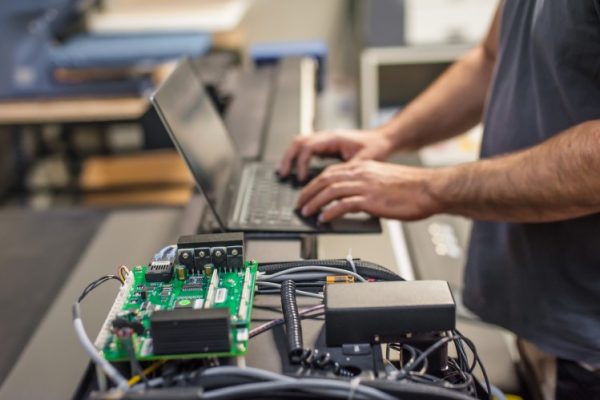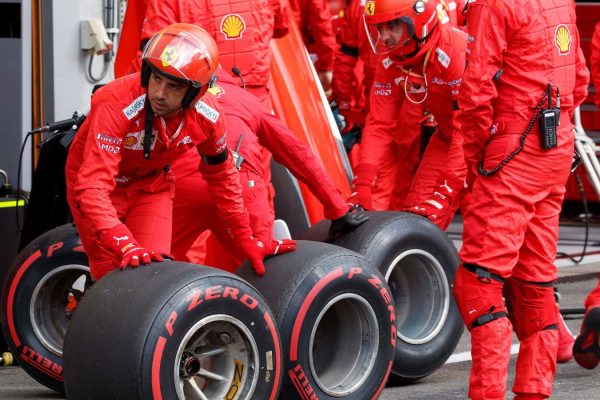The music and entertainment industry are experiencing a radical shift from the traditional models of how content is created, shared, and consumed. The influx of digital assets has completely changed how artists connect to their audiences in 2019 and beyond. From subscription-based services like Apple Music or Spotify to streaming behemoths like YouTube or Soundcloud, digital platforms provide incredible opportunities to monetize music, with digital downloads also playing a major role in revenue generation.
In this blog post, we will explore in detail what these changing dynamics mean for the industry’s future, discussing some key challenges and potential growth areas. So if you’re an artist looking to fully capitalize on all these amazing tools available or just curious about modern trends in music consumption – keep reading!
Benefits of using digital assets in the music and entertainment industry
One of the main benefits of using digital assets in the music and entertainment industry is the ability to easily and securely facilitate transactions. With cryptocurrency, artists and industry professionals can easily receive payments for their work without worrying about the high fees and potential fraud that can come with traditional payment methods. In addition, NFTs provide a unique and verifiable way for artists to sell their work, whether it be music, art, or other digital creations.
Music has always been an ever-evolving industry, but technology is taking us to a new level. The emergence of digital assets and blockchain technology is transforming the way artists and creators can distribute their work.
Rather than relying on traditional industry gatekeepers such as labels, who are often restrictive in terms of shares of profits and methods of distribution, digital assets provide a breakthrough for independent creators who can now connect directly with their fans. This allows them to maintain control over their work while also receiving a larger share of their profits. It’s an exciting time for independent creatives as these technologies open up greater opportunities to access a large fanbase without relying on intermediaries.
The entertainment industry is being transformed by digital assets. By creating limited edition NFTs of their music, artists now offer fans the ultimate collectible – something rare and likely to increase in value over time. Live events are beginning to recognize the potential of digital assets to monetize more traditional offerings such as tickets and merchandise.
Each unique purchase offers fans an opportunity to show appreciation and become more deeply connected with the artist they love. Digital assets have the potential to revolutionize how we experience music and entertainment while providing artists with a platform they can use to gain even greater exposure and financial security.
Conclusion
The power of digital assets is growing every day. They offer a new way for musicians and other entertainment professionals to control their careers. With the help of blockchain technology, these artists can connect with fans directly without going through intermediaries.
This gives them more control over their work and allows them to get paid directly for their art. What do you think about this new model? Are you ready to start using digital assets in your own career? Try Trust The Brokers now!











